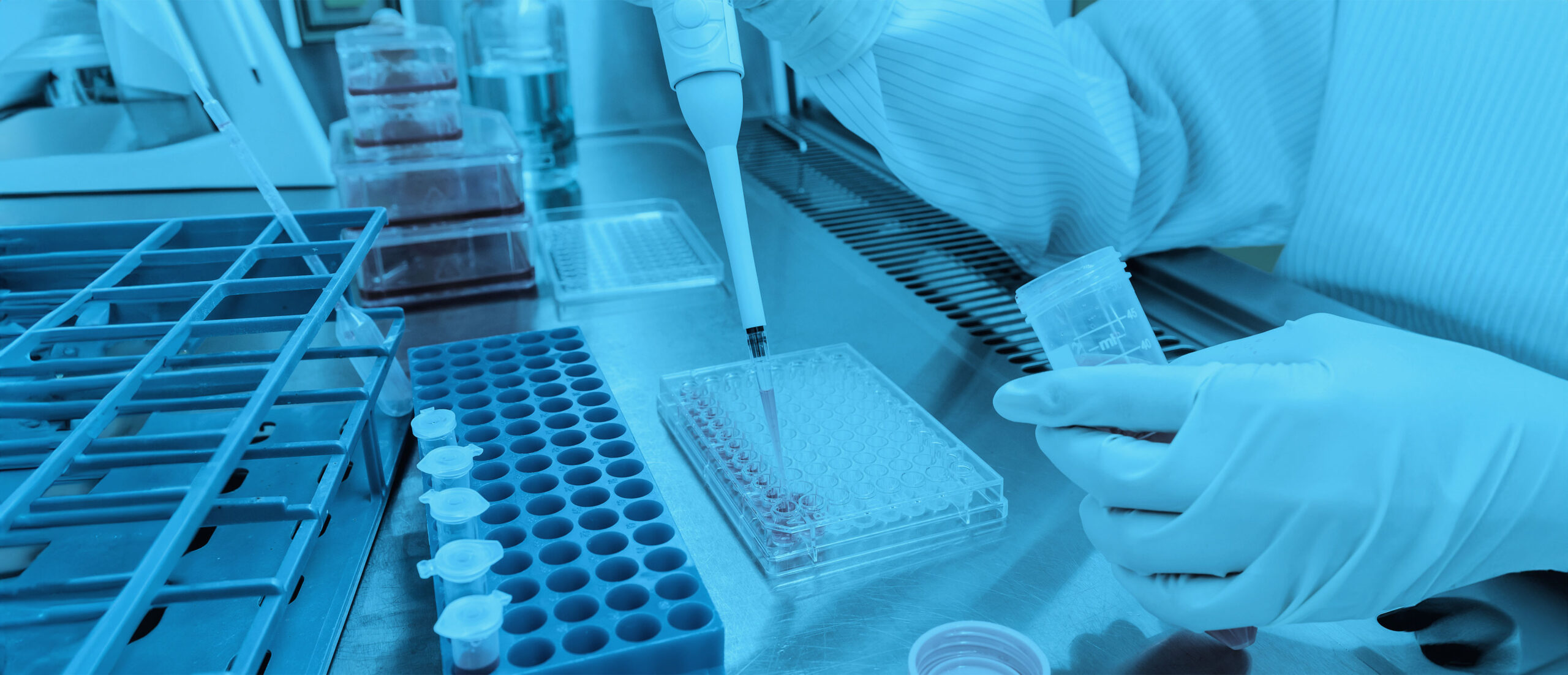
Fast Adventitious Agent Testing
PCR-based methods, including qPCR and NGS, play a crucial role in adventitious agent testing for drug development. Traditional FDA-defined methods are often time-consuming and primarily target known pathogens. Both qPCR and NGS multiplex assays enable the rapid detection of these known pathogens. Additionally, NGS offers broad-spectrum detection capabilities, efficiently identifying both known and unknown pathogens. This comprehensive approach is essential for conducting thorough and rapid screening to ensure the safety and efficacy of biopharmaceutical products.
Our Expertise
As a leader in NGS applications for GMP and GLP compliant tests, Avance Biosciences actively collaborates with clients to meet their adventitious agent testing needs. In 2015, we partnered with a major pharmaceutical client to develop an NGS-based viral detection method under GMP standards. The data generated from this method were pivotal in obtaining FDA approval for an Ebola vaccine. Additionally, we have validated an NGS panel capable of detecting 20 known porcine viruses, and this data supported recent advancements in pig organ to human transplantation safety assessments. Our advanced extraction methods enable the detection of unknown pathogens in nucleic acid-depleted samples. Furthermore, we utilize RNA-Seq to detect both known and unknown viruses in nucleic acid-rich samples, such as cell lines, highlighting our comprehensive approach to biopharmaceutical testing solutions.
Our Services
- Custom Amplicon Sequencing: Custom PCR primers can be tailored to detect known pathogens with exceptional sensitivity.
- Multiplex QPCR Human Virus Panel: A panel of 22 human pathogens has been developed and validated for rapid detection of human pathogens.
- Multiplex NGS Porcine Virus Panel: A panel of 20 porcine pathogens has been developed and validated for rapid detection of porcine pathogens.
- De nova Pathogen Detection with RNA-Seq: RNA extracted from cell lines or therapeutic cells is sequenced, and the resulting reads are mapped to a pathogen database to identify potential adventitious agents.
Additional Notes
Detecting adventitious agents using NGS presents challenges when minor amounts of pathogens are found amidst a large background of genomic DNA, especially in testing mammalian cell lines and human therapeutic cells where substantial DNA quantities are present. Effective detection necessitates very deep sequencing to pinpoint a few pathogen genomes amid the predominant host genomic DNA. Avance Biosciences is actively collaborating with clients to develop sensitive NGS methods tailored to meet this precise challenge.